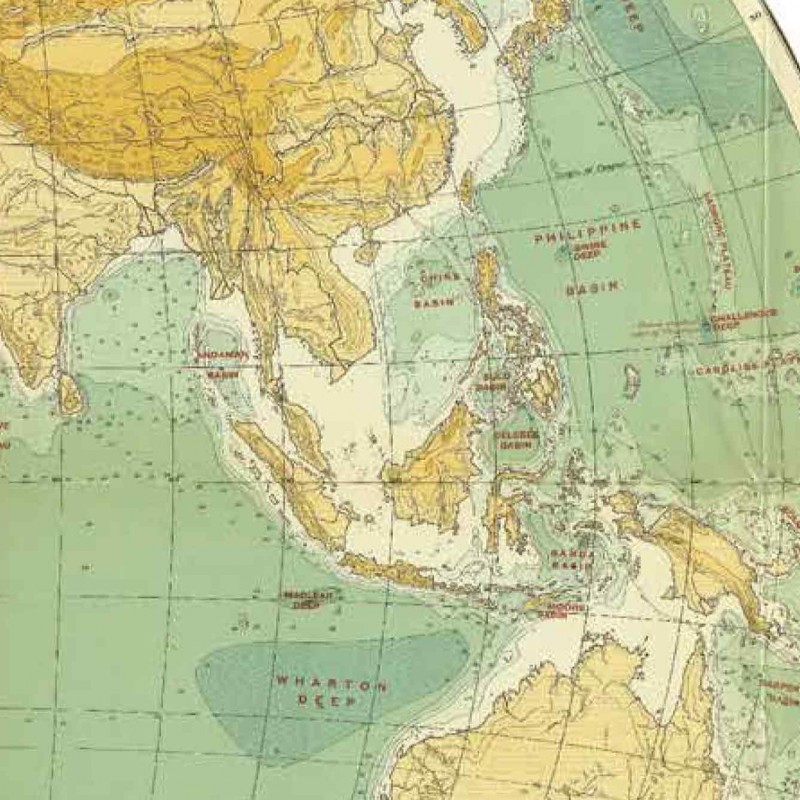Next Steps after Tokyo: GGCN Asia

The General Secretary of India Missions Association (IMA) in 2010, Rev. Susanta Patra, selected me to be part of a delegation of IMA mission leaders and encouraged me to attend the Global Missions Consultation in Tokyo. When we arrived at the conference venue, leaderscultural dress welcomed us. It gave our whole delegation an instant sense of the diversity of God’s people and the scope of what we would be part of in the days to come.
The sessions informed and challenged me. Presentations and discussions about global evangelism, discipleship, and Unreached People Groups helped me to think differently about mission strategies. The consultation
vision “Making Disciples of Every People in OurGeneration” rings in my ears to this day. The space for networking with mission leaders, practitioners and champions helped me to build relationships that proved valuable even after the event. And, the announcement of the Tokyo Declaration provided a unifying statement to unite every follower of Christ to obey the Great Commission.
Birth of GGCN India
That momentum continued and became encapsulated in the Global Great Commission Network (GGCN). As this follow up movement to carry on the Tokyo 2010 vision began to spread across the globe, I was appointed as the national coordinator of GGCN India. Shortly afterward, a national steering team formed. GGCN is a volunteer movement designed to stimulate worldwide mission efforts. Each national GGCN chapter is independent, autonomous, and locally resourced. They represent the national interdenominational and intercultural Church.
Leaders include men and women as well as clergy and laity. GGCN chapters give attention to grassroot practitioners, local community needs, and building awareness of effective missional strategies for local cultural and political situations. Everything is done from a non-competitive stance, seeking to serve churches and missions. The work of each GGCN chapter is determined by its national leadership.
With this network culture in mind, the Indian GGCN steering team met together in Delhi in 2014 to discuss our national evangelism and discipleship challenges. We identified four areas for GGCN India to address:
• Personal discipline and engagement in discipleship
• Children and youth as today’s Church
• Mobilizing the alternative mission force
• Engaging unengaged people groups and areas
We translated the Tokyo Declaration and GCCN Discipleship Survey into local Indian languages to make it accessible to more church leaders and other Christian workers. We also planned seminars, conferences, workshops and training programs in local Indian languages to coincide with each of these four areas.
All the programs we launched were well attended by grassroots gospel workers, church and mission leaders, a balance of men and women as well as young and old, and missionaries and professionals. Local leaders organized every event and raised local funds to pay for them. In fact, we challenged these leaders to consider, “Is it possible to organize without money?” As we shared our experiences of God’s work in this way, most were convinced to try.
This encouragement produced fruit and in many regions local mission practitioners are reaching out to their own communities with their own resources.GGCN India is also helping emerging leaders and organizations connect with one another as well as with other churches and missions which share their vision. We’ve also helped in practical ways by bringing together volunteers to help with rescue work after natural disasters in our country.
Moving Beyond India Into Asia
Asia is both the source of most world religions and philosophies as well as the home of vast numbers of unreached peoples. Sixty percent of the world’s population is here, split into more than seven thousand people groups. Around seventy percent of these groups are unreached.
As GGCN India took root, we became a launching point for expansion of GGCN’s presence across Asia. GGCN’s steering team connected with church and mission leaders in Sri Lanka and Nepal. Each has, in turn, begun their own autonomous GGCN chapters.
The areas of focus for GGCN Sri Lanka include the following:
• Reaching the unengaged people groups
• Preparing the disciples for marketplace
• Teaching and training the pastors and missionaries
• Nurturing Christian education for children and youth
• Being an agent for unity, peacemaking and reconciliation among Sri Lanka churches and the public
• Presenting a peace as presented in Scripture to communities affected by violence
For Nepal, focus areas include these key points:
• Reaching the Unreached People Groups of Nepal
• Training in discipleship
• Developing capable leaders
• Developing skills and income-generating businesses as a means to advance gospel work
• Promoting unity and fellowship among Christians
• Practicing the gifts of the Spirit
• Catalyzing social transformation through politics and media
GGCN Asia continues to grow in countries across Asia. Discussions are beginning for national GGCN chapters in Pakistan, Bangladesh, Myanmar, Bhutan, and Indonesia. We invite volunteer leaders from all Asian countries to join hands with GGCN to facilitate chapters in their respective countries. Working together we can reach the unreached and disciple the nations of our continent in this generation!









comments